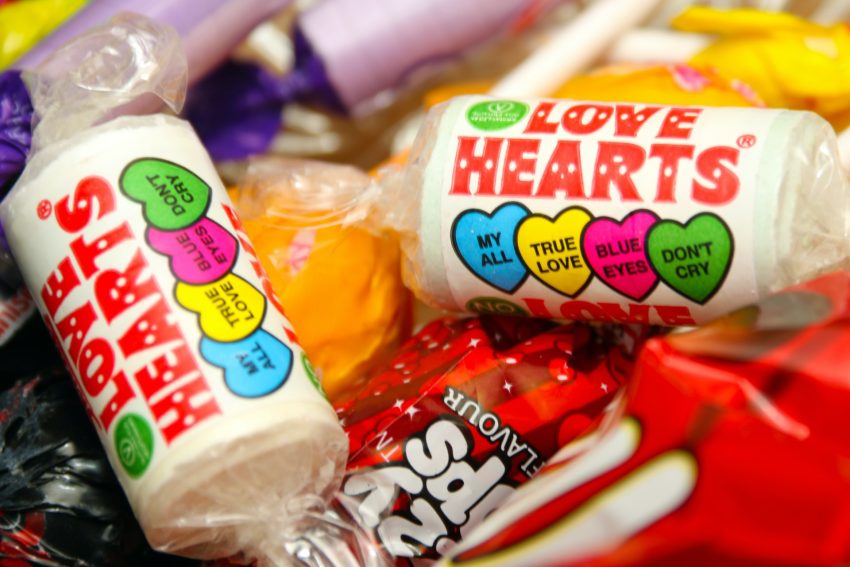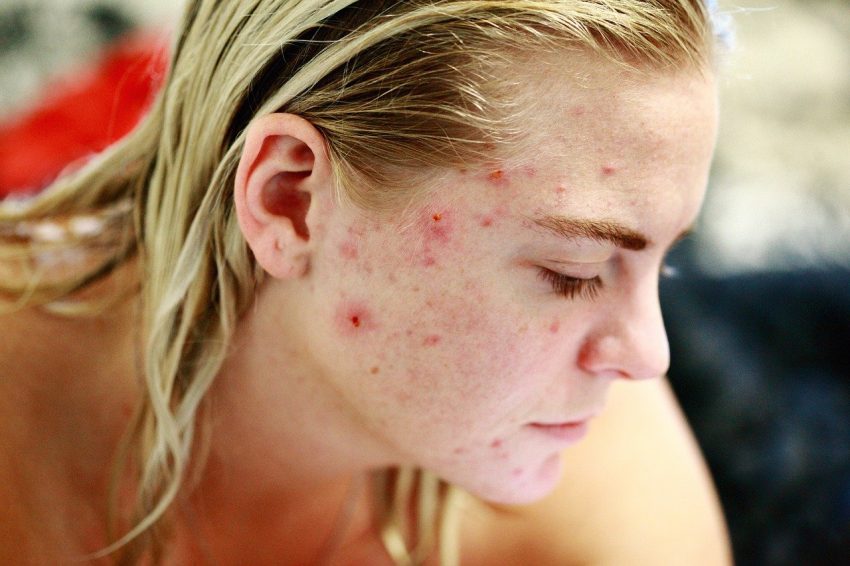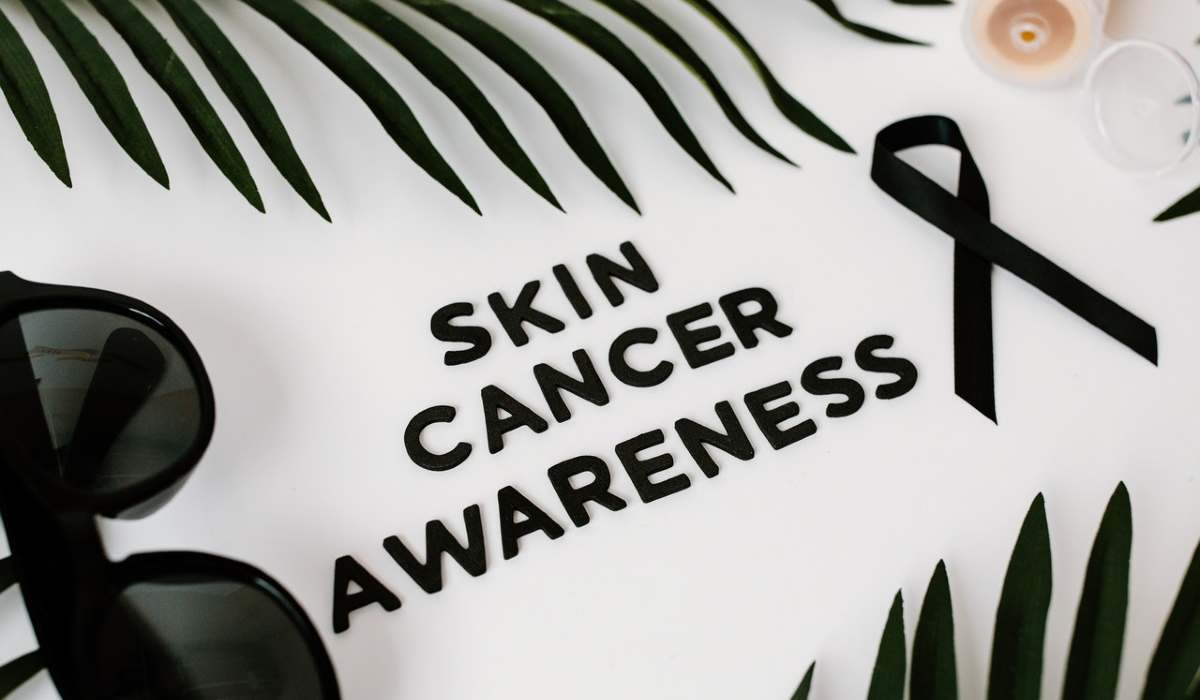Changes in our skin as we age are inevitable, including loss of moisture, changes in…

10 Surprisingly Prevalent Myths About Skincare and Skin Health
To a degree, you could argue that the basics of good skincare are fairly straightforward. You consume a healthy diet, stay relatively active, and follow the instructions on your favourite skincare products; all, without a doubt, important foundations for good skin health.
The problem is, they’re all too often complicated by a long list of myths, misconceptions, or misleading assumptions.
Unfortunately, diving into the endless archives of information available online can only compound the issue further. For every useful guideline you come across, you find another that contradicts it. Short of verifying with a suitably qualified professional, you often find yourself back at square one.
To illustrate the point, we have highlighted a selection of the most prevalent myths about skin and skincare, which continue to perpetuate today. Millions of people have interpreted the following as gospel over the years, though in reality, they offer little but misleading misinformation:
Myth 1: All you need to keep your skin youthful is the right anti-ageing cream
If only it was so simple, but sadly this is not the case. If there was one anti-ageing cream that could single-handedly defeat the signs of ageing, everybody would be using it.
Instead, there are thousands of different products from hundreds of competing brands – each with its own claim to fame. Everyone is different – from your age to your skin type or lifestyle. A good cream or lotion can work wonders, but never assume what works for one person will automatically work for you. There are simply too many variables in life and biology for that miracle.
Myth 2: Acne and oily skin are caused by chocolate and sweets
For generations, rumours have circulated that increased consumption of chocolate and sweets can increase your risk of developing acne. However, there is no scientific evidence whatsoever to suggest that any specific food causes or aggravates acne.
Adverse reactions or flair-ups can be triggered if you have an allergy or sensitivity to a certain food or ingredient. Nevertheless, foods like chocolate and sweets (traditionally associated with a higher risk) have no scientifically proven connections with acne.
Myth 3: The best soap for clean and healthy skin is antibacterial soap
Used occasionally, antibacterial soap can be great for destroying any harmful bacteria that may have manifested on the skin.
However, antibacterial soap also strips your skin of the kind of bacteria that poses no threat (aka, friendly bacteria). Experts increasingly voice concerns regarding the overuse of antibacterial soap, which they do not consider necessary for routine daily use.
You can keep harmful bacteria levels under control simply by washing your hands regularly using standard soap.
Myth 4: All exposure to the sun is harmful
Yes, you could argue that spending too much time in the sun can be hazardous to health. Along with an increased risk of skin cancer, excessive tanning can accelerate the ageing process of your skin.
However, moderate and sensible exposure to the sun can bring a variety of benefits. It activates your body’s production of vitamin D, which plays an essential role in supporting your immune system and building healthy bones.
The issue is that people often take things to extremes where exposure to the sun is concerned. Sun exposure is not going to be overly harmful to you if you’re sensible. Enjoy it in moderation, and always use high-quality sunscreen.
Myth 5: You should always use SPF50 where possible
If you plan on spending a lot of time in the direct sun in a particularly scorching environment, then yes – SPF50 is a wise move. But experts recommend SPF30 in almost all other instances.
This is because an effective SPF30 sunscreen blocks approximately 97% of all UVB radiation. Meaning that unless you plan to be out in the sun for a very long time, SPF30 should be sufficient.
Myth 6: You can reduce the appearance of scars with vitamin E
Your doctor or dermatologist is really the only person who can advise you how to reduce the appearance of any scars of concern.
This is because there are various types of scars, and the way your skin reacts to scar treatments differs from one person to the next. However, there is very little evidence to suggest that taking vitamin E or applying vitamin E lotions/gels has any real impact on the appearance of scars.
Myth 7: Scalp massage can slow or prevent hair loss
It has long been believed that regularly massaging the scalp using certain over-the-counter products can slow the progression of hair loss. Some even believe it can prevent it outright.
Sadly, there is no evidence to suggest that scalp massage has any such beneficial effect. If you have concerns regarding hair loss or the health of your scalp, your best bet is to consult a dermatologist or doctor. There may be an issue with your scalp that can be brought under control by other means, to slow or prevent hair loss.
Myth 8: Drinking more water increases skin moisture levels
If you do not drink enough water and so become dehydrated, the lack of water in your body will take a toll on your health. This includes the health of your skin, which can be adversely affected by dehydration.
But this does not mean that drinking over and above the recommended 2 litres of water per day will increase your skin’s moisture levels. There is no evidence that drinking more water than your daily recommended requirement has any benefits for skin health.
Myth 9: Acne is a sign of poor facial hygiene
Another longstanding acne myth suggests that hygiene is one of the condition’s main causes. Or to put it another way, not washing your face properly and regularly leads to an increased acne risk.
In reality, hygiene alone has no influence whatsoever on the likelihood of developing acne. Rather, it is a condition attributed to the production of oil, clogged pores in the skin, bacteria, hormones, inflammation and stress.
Poor hygiene can cause flair-ups where acne already exists, but is not a cause of acne in its own right.
Myth 10: The more often you exfoliate, the better
Exfoliating has made its way into the everyday skincare regimes of countless millions worldwide. As has the use of powered exfoliating devices, making it effortless to get the job done in seconds.
Unfortunately, there is such a thing as exfoliating too regularly. Particularly when it comes to powered devices and more aggressive exfoliating products, dermatologists recommend using them no more than a couple of times a week.
For individuals with sensitive skin or specific skin conditions, skipping exfoliating entirely could be the more advisable approach.
Final Word…
If you have any concerns regarding the health of your skin or any aspect of your skincare regime, we strongly suggest you consult a dermatologist or doctor.
Whether you’re looking to treat a specific skin issue more successfully or simply preserve your skin’s youthful glow for as long as possible, the input of an experienced professional could prove invaluable.






